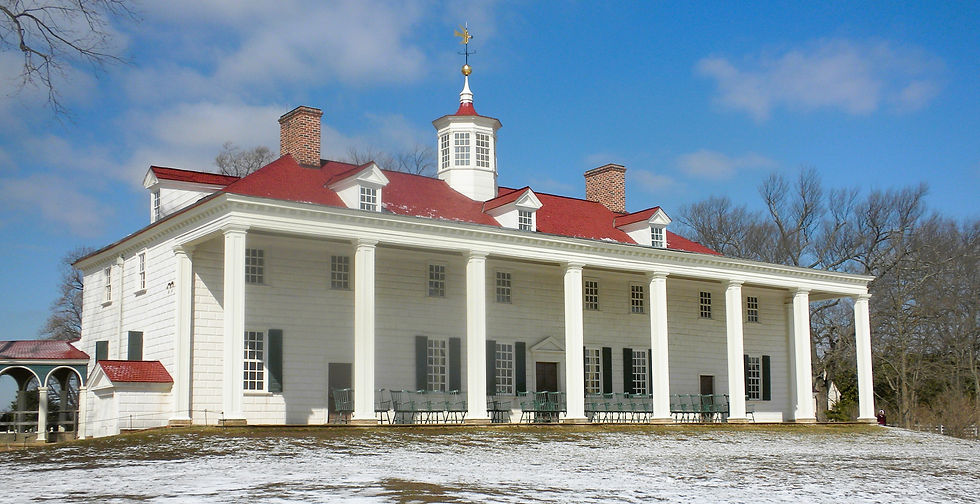GF 3-3-23 Storytelling and The Healing Arts
- Bill Stauffer

- Mar 3, 2023
- 4 min read
“After nourishment, shelter and companionship, stories are the thing we need most in the world.” - Philip Pullman

My first draft of this Gratitude Friday post was in January of 2022. I had just gone to the CCAR National Recovery Conference in Punta Gorda, Florida. I saw that there was a two-part workshop on Recovery Storytelling facilitated by Meghann Perry. It intrigued me. As a person who has spent decades focused on the work of getting more people into recovery, trying to figure out how to communicate information in ways that resonate with those I serve is very important to me. Here I am one year later reflecting on what I learned and how it fits into a larger theme. Working with people effectively in the treatment and recovery space is often part science and part art.
Helping people into recovery falls under the category of the healing arts. In western medicine we tend to struggle with this facet of wellness and focus on the physical aspects of how we mend our body and spirit. We know through hard science how to open an artery or mend a bone. We tend to struggle with other facets of healing, even as we acknowledge that we as humans are multifaceted creatures who need hope, purpose, and place. When considered in this way, it is pretty clear that in circumstances in which we lose things that resonate with us, we suffer as individuals and as a species. I think this is a major issue in our current society that underpins a lot of our other challenges.
Story telling is key to changing how we see ourselves the world around us and our collective healing.
An example of the relationship between our bodies and our spirit, consider the relationship between our sense of hope and our health status. I found this delightful article by Dr, H. Steven Moffic who serves on the Editorial Board of Psychiatric Times on the messages within the play West Side Story and the theme of Radical Hope as a Social Determinant of Mental Health. He talks about addressing the underlying themes through storytelling. His thinks we must change our narratives as a country to address some of our underlying challenges we face. This makes sense to me.
The use of narrative is so important in how we see ourselves and the world around us. What are the stories we tell ourselves about our own lives? Sometimes they may not be so pretty, at times mine can be quite negative. As a clinician, I know that the narratives we tell ourselves about the things we go through are important. Resilience can be difficult if we have a failure focused narrative. How we tell stories changes how we see ourselves. Sharing our stories can help others reframe their adversities and successes. On reflection, considering how important story telling is to healing, it is a wonder we do not put more focus on the use of storytelling as part of the healing process.
Years ago, in the early 1990s, I read The Hero with a Thousand Faces by Joseph Campbell as I was working on my skills to engage people in ways that they could be the hero in their own recovery journeys. I am not alone in that in any way. One only has to look as far as the life work of Carl Jung to see that exploration of mythology has long been a central focus of psychology. Despite our field being so fundamentally grounded on these elements of being human, we tend to discount them and want to focus on things we can measure in a lab, even though that also has subjective elements.
Storytelling is also central to our shared experience as humans. As noted above by Dr Moffic, we need to find common narrative as a nation. Two weeks ago, my Gratitude Friday post was on the lost generation who came of age between the First and Second World War. They are remembered for the tumult they experienced as a generation. We are also in a period of significant change and challenge. What stories will we tell about this era? Do we have an opportunity to find common narrative that can assist us in overcoming our challenges in this current time? I suspect so, but if we are to do so effectively, we will need to listen more to those who are exploring our common ground and shared experience. Artists play a key role in these areas of focus; how do we elevate their work in ways that can help bring us together?
The stories we tell about ourselves and the world we live in matter. We actually have a whole lot of control over how we frame our life experiences. Since humans first walked the earth, we have gathered together to tell stories and share how we overcome challenges. Consider how fairy tales are actually thousands of years old, and that these tales are how we passed down wisdom from one generation to the next. Storytelling is part of what we are as humans, and we should pay more attention to our personal and collective narratives. They matter a great deal.
I have not used the storytelling training formally as much as I had hoped, although I also did a training on the role of storytelling in peer coaching with social work and professional counselor credits through the University of Pittsburgh last year. I am grateful for the opportunities I have had to craft and hone my own storytelling skills. I am grateful for those who are working to help others find their own narratives and to bring people together with a tool that has been with us well before the written word. What are you grateful for today?










Comments